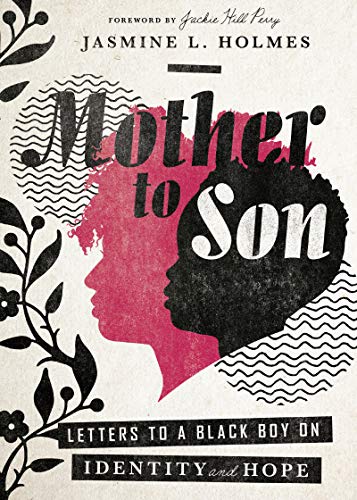
“We should be wary of divisions over non-gospel issues.” p. 9 let me know that this book was going to encourage my heart towards what matters most…keeping my eyes on Jesus and serving others in hopes that they will see Him as well. Conrad Mbewe is a pastor in Zambia who has a gift for wading through the urgent in favor of the important. In the day and age that we are living in, that is what is truly going to make a difference for the sake of the gospel. His latest work Unity: Striving Side by Side for the Gospel is a helpful resource as we seek to abide in Christ and in gospel fellowship with one another.
I highlighted several things while reading and have posted those notes below…
- Gospel integrity is, I suggest, the greatest and most vital need of the church today. More than moral behavior and orthodox beliefs, this integrity that we need is a complete alignment of our heads, our hearts, and our lives with the truths of the gospel. p. xii
- We should be wary of divisions over non-gospel issues. p. 9
- So, in this book, I will deal with the issue of evangelical unity in the wider body of Christ. As Mark Dever rightly says: The church is one and is to be one because God is one. Christians have always been characterized by their unity (Acts 4:32). The unity of Christians in the church is to be a property of the church, and a sign for the world reflecting the unity of God himself. Thus, divisions and quarrels are a peculiarly serious scandal. (Mark Dever, The Church: The Gospel Made Visible (Nashville: B&H, 2012), 16. ) p. 10
- Page 12 | Highlight it is not enough for leaders to safeguard themselves and their churches from error; they will also need to purposefully engage in intrachurch and interchurch activities that manifest this unity. What are those activities that glorify God as his people strive side by side for the faith of the gospel? p. 12
- When we consider the subject of Christian unity, it is vital to start with the simple fact that unity is something already secured for us by God. Strictly speaking, our role is not to become united but to remain united, not to attain but to maintain unity. Jesus spoke of this unity when he said: I am the good shepherd. I know my own and my own know me, just as the Father knows me and I know the Father; and I lay down my life for the sheep. And I have other sheep that are not of this fold. I must bring them also, and they will listen to my voice. So there will be one flock, one shepherd. (John 10:14–16) p. 15
- It is not Jesus plus something peculiar to your group but Jesus alone. Solus Christus! We all must say in the words of Augustus Toplady, Nothing in my hands I bring, Simply to thy cross I cling. p. 21
- As Christians, we can often irritate one another by our insensitivities and our mistakes in doctrine and practice. It is the love in our hearts for one another that enables us to bear with these faults and keep us united. p. 40
- Albert Molher of the Southern Baptist Theological Seminary proposes the idea of “theological triage” to help us weigh doctrinal differences as we think about forging Christian unity. By “triage,” he means sorting truths into three levels:
- First-level theological issues would include those doctrines most central and essential to the Christian faith. Included among these most crucial doctrines would be doctrines such as the Trinity, the full deity and humanity of Jesus Christ, justification by faith, and the authority of Scripture…. The set of second-order doctrines is distinguished from the first-order set by the fact that believing Christians may disagree on the second-order issues, though this disagreement will create significant boundaries between believers….
- Second-order issues would include the meaning and mode of baptism. Baptists and Presbyterians, for example, fervently disagree over the most basic understanding of Christian baptism….
- Third-order issues are doctrines over which Christians may disagree and remain in close fellowship, even within local congregations. I would put most of the debates over eschatology, for example, in this category.p. 59
- Truths that are important enough for Christian life and practice will divide us into different church denominations but also allow many opportunities to work together for the gospel of Christ. p. 60
- Fellowship is destroyed by individuals who nurse hurt pride from unresolved issues. p. 65
- Charles Haddon Spurgeon warned us concerning him: Satan always hates Christian fellowship; it is his policy to keep Christians apart. Anything which can divide saints from one another he delights in. He attaches far more importance to godly intercourse than we do. Since union is strength, he does his best to promote separation. p. 67
- Are we seeing refreshment and joy, together with fruitfulness, in the ministries of those who claim to believe and preach the gospel? If not, could it possibly be because God is holding back his blessing due to a divisive spirit that grieves his Holy Spirit? p. 97


